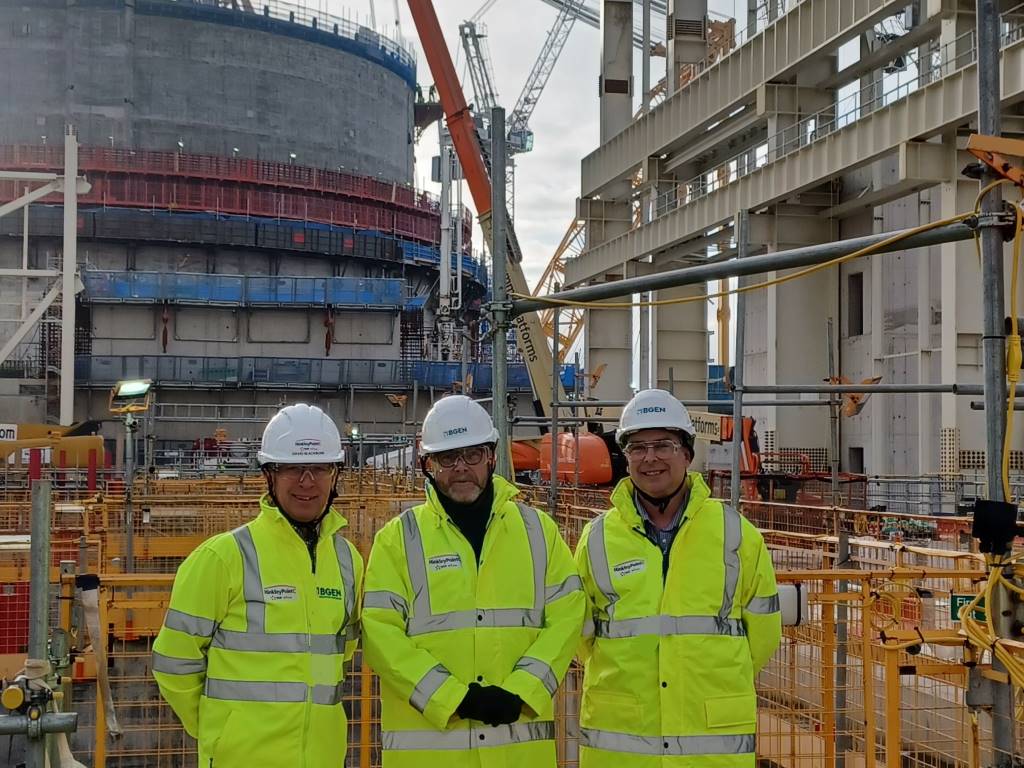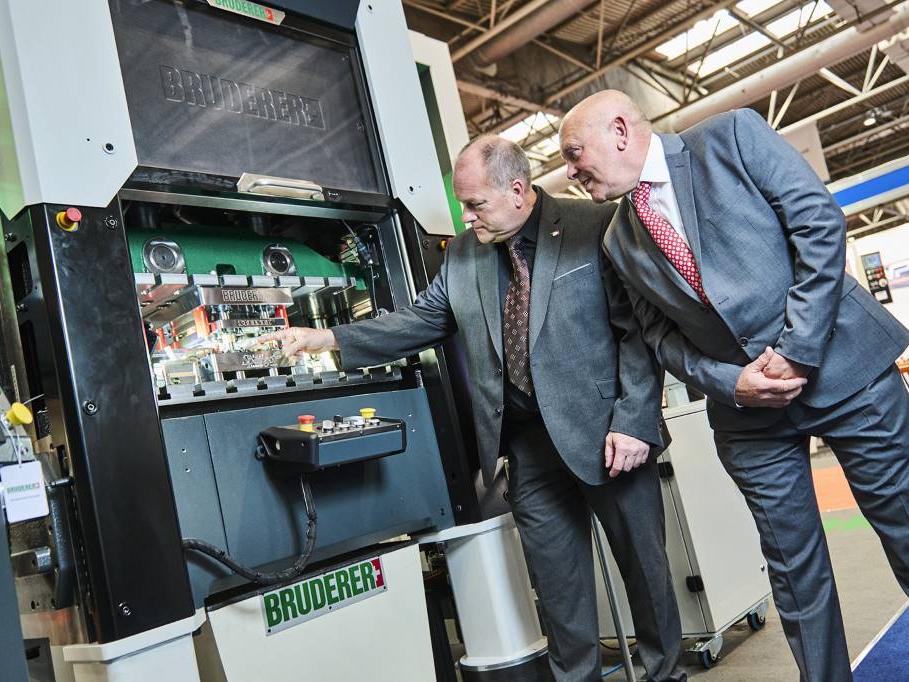Industrial IoT platforms: Technology integration challenges

In a new report by market-foresight advisory firm ABI Research has identified the drivers and inhibitors platform providers and manufacturers need to consider as they look to implement Industrial IoT platforms. Some of the key findings include:
![]()
A new report by market-foresight advisory firm ABI Research has identified the drivers and inhibitors platform providers and manufacturers need to consider as they look to implement Industrial IoT platforms. Some of the key findings include:
- Platform providers need to deepen and broaden the capabilities of their platforms to support and integrate emerging transformative technologies such as augmented reality (AR) and artificial intelligence (AI)
- Platform providers should sell to IT but work closely with OT (operational technology)
- Manufacturers should choose partners that will provide consulting as they continue to evolve
"If platform providers hope to keep their offerings relevant, they must work with suppliers of other transformative technologies to provide the most valuable functions and components," says Pierce Owen, principal analyst at ABI Research. "For instance, AR applications require business rule functions, digital twin functionality, near real-time metrics, zero-touch onboarding, and advanced analytics features."
ABI states that the majority of companies that have built software for the IIoT (industrial internet of things) calls it a platform, and as such, IIoT platforms come in a variety of approaches. Perhaps the 'platforms' that most suit that word fill the role of an application enablement platform (AEP). AEPs extract data from devices and move it to applications based at the edge or in the cloud. This platform might have connectivity or device management tools. It might also act as a data orchestration system and include an app store or have app development capabilities whereby users can create and access applications that generate insights from their data.
Siemens Mindsphere currently leads the pack of AEPs largely due to Siemens' domain knowledge as an automation supplier, its M&A strategy, R&D budget and its size. In addition, Siemens has a large installed base of its own physical products to which it can connect Mindsphere easily, a vast ecosystem in the manufacturing sector, and its own manufacturing facilities where it can perform internal use PoCs. These advantages empowered Siemens to add 2900 digital manufacturing customers in 2017, doubling its total from the start of the year.
Other IIoT platforms specialise in a specific piece of application enablement or microservice such as fog computing or processing raw sensor data. ABI Research sees FogHorn Systems as a key innovator in real edge computing and complex event processing (CEP) at the edge. FogHorn now faces the challenge of shifting from a successful start-up with a few big deals to embedding its software on millions of devices and assisting clients with large scale implementation.
"Adoption of IIoT technology will accelerate in 2018 as manufacturers overcome their fear of the cloud and the acquisitions of Siemens and PTC start to mature. During this acceleration, several AEPs will grow and pick up market share, but only those who expand the depth and breadth of their capabilities and transformative technologies to provide more value to more customers will sustain that growth," concludes Mr Owen.
ABI Research www.abiresearch.com














